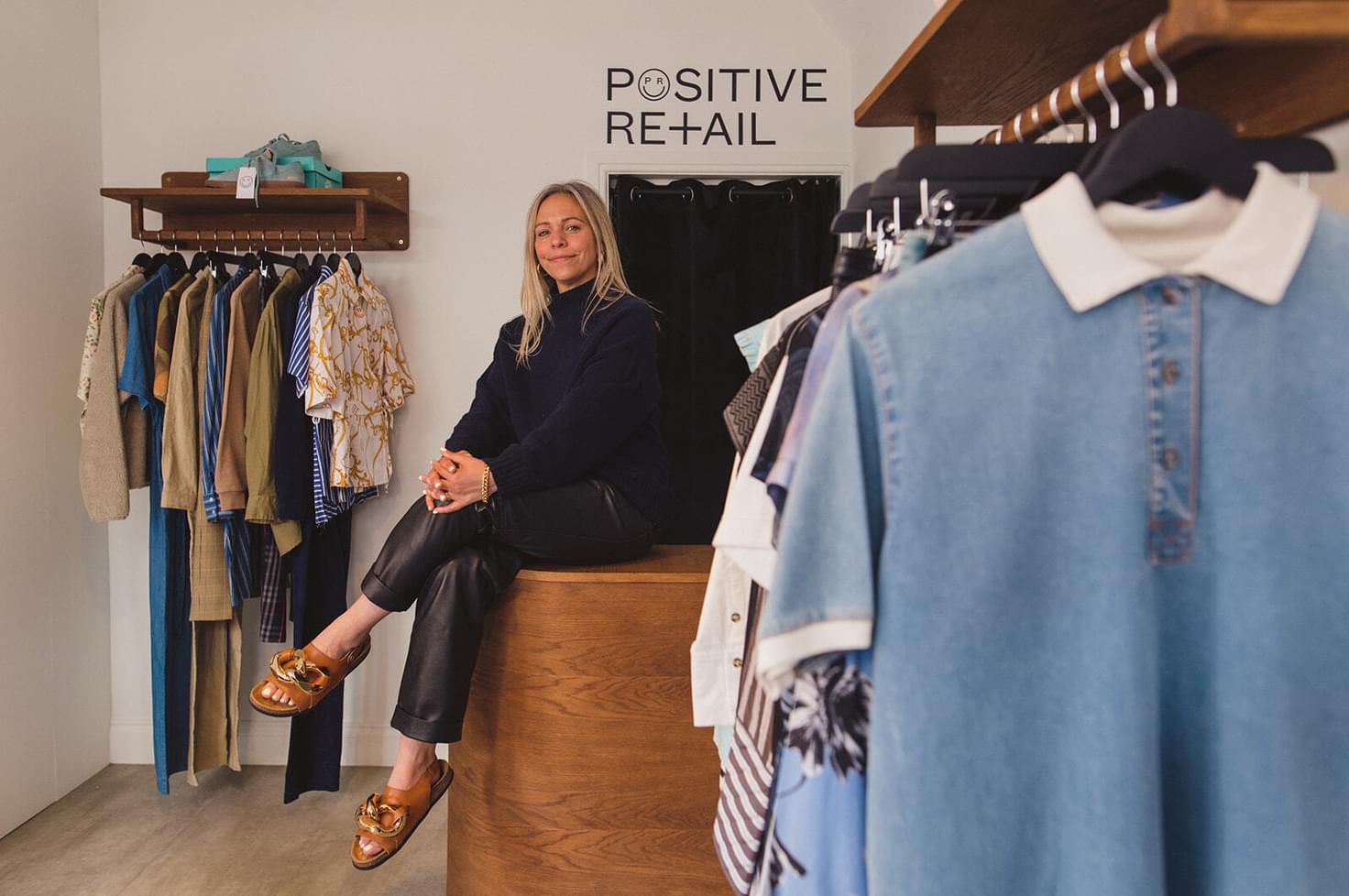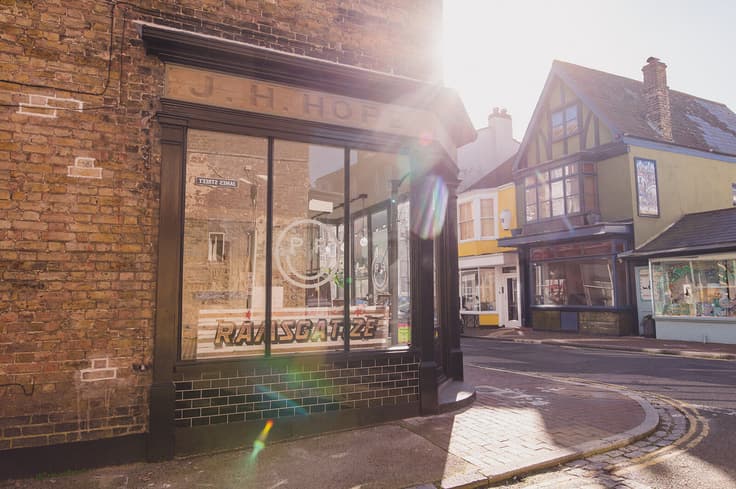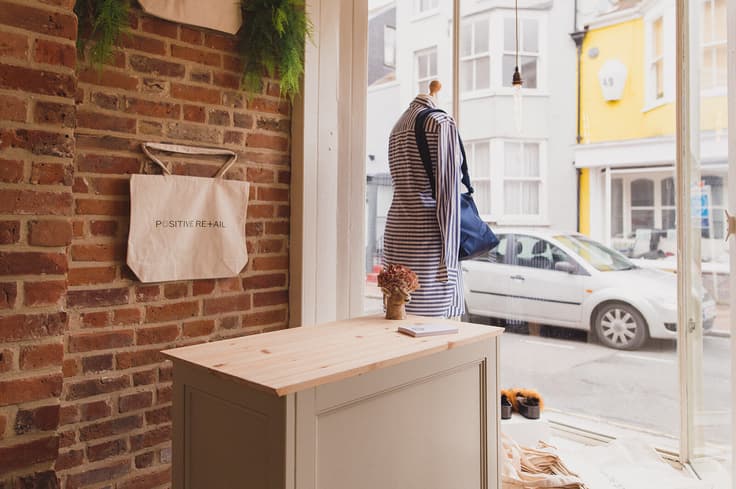
Words by Blyth Brentnall
Fresh out of university, Anna Woods landed her dream job at TopShop as a fashion buyer. It was the turn of the century, fashion had not yet moved online and people still bought their clothes primarily from bricks-and-mortar high street shops.
At that time, clothing stores were dreamlands where shoppers would wander, admiring creative window displays and carefully styled mannequins. Anna was in her element, trawling through the beautiful designs and curating collections.
She worked in blissful ignorance of the fashion industry’s impact on the world. “We didn't really know what we were doing to the environment,” she recalls. “We genuinely didn't know the impact of producing that fast.”
But then, all of a sudden, fast fashion sped up. Primark - once a family-run store in Dublin - bought a large UK chain called Littlewoods before spreading quickly across Europe. Its prices were as low as its ethical standards. Despite reports condemning its working conditions, the production lines continued unabated.
Next, Boohoo emerged, growing rapidly and developing a reputation for poor working conditions at its suppliers. In 2009, Missguided joined the fast fashion scene, closely followed by Boohoo Group’s retailer, PrettyLittleThing. Each came with its own controversies, challenged by sustainability campaigners.
“It just felt like a totally different landscape. It was a race to the bottom with just so much production going on all the time,” Anna says.
Finally, in 2020, she could no longer abide the downward spiral of fashion. “Philip Green had just been outed for what he was and it felt like we needed a changing of the guards,” she says. “I needed to play in my part in the future of the high street, because it had been desperate for so long.”

Hailing a new era of sustainable fashion
It became clear to Anna that one of the key issues with fast fashion was the waste resulting from overproduction. Only 30% of clothing manufactured around the world is ever bought by customers. So she decided to help by distributing part of the remaining 70%.
She moved from TopShop to Whistles, then LK Bennett, before deciding to start her own venture. In the historical seaside town of Margate, she found a small store with a traditional shop front overlooking a cobblestone street. This became home to Positive Retail, Anna’s answer to fast fashion.
She stocks surplus clothing from more ethical and sustainable brands such as Far Afield and Universal Works. Rather than constantly switching suppliers to chase the lowest production costs, these brands build close relationships with factories and ensure that they adhere to safe, ethical working standards. They use more sustainable materials and sell clothing that endures the test of time.
“I just like working with people that are designing thoughtfully and not mass producing,” Anna explains.
Across the shop front, she spelt out her key values: “Curation. Community. Change.” By this she means to uphold creative quality while contributing to her community and changing fashion for the better.
To support local people, she donates unsold stock and funds a festival for women’s empowerment, called Power of Women. If stock doesn’t sell after six months and suppliers choose not to collect it, Anna delivers it to a charity shop nearby, run by the domestic abuse charity, Oasis. She enjoys hearing from the shop manager about people the charity has rescued from domestic abuse and who they are helping to rebuild new lives.
“I've never been so happy at work as I am now, because I'm leading something that I truly believe is the right thing,” Anna says.
She adds: “I believe that when you love something you should work hard to keep it in existence.”

Charity check-in
At Smiley Movement, we like to elevate the work of charities across the world. Here are three charities whose causes align with the themes in this article.
Traid. A charity that tackles waste and environmental destruction in the clothing industry by selling secondhand clothes to fund development projects and improving working standards in the textiles industry. Find out more.
Fashion Revolution. An organisation campaigning for an ethical, eco-friendly and accountable fashion industry. Discover their work.
Remake. A global advocacy organisation working towards strong working conditions and climate justice in the clothing industry. Support them here.
This article aligns with the UN SDG Responsible Consumption and Production.